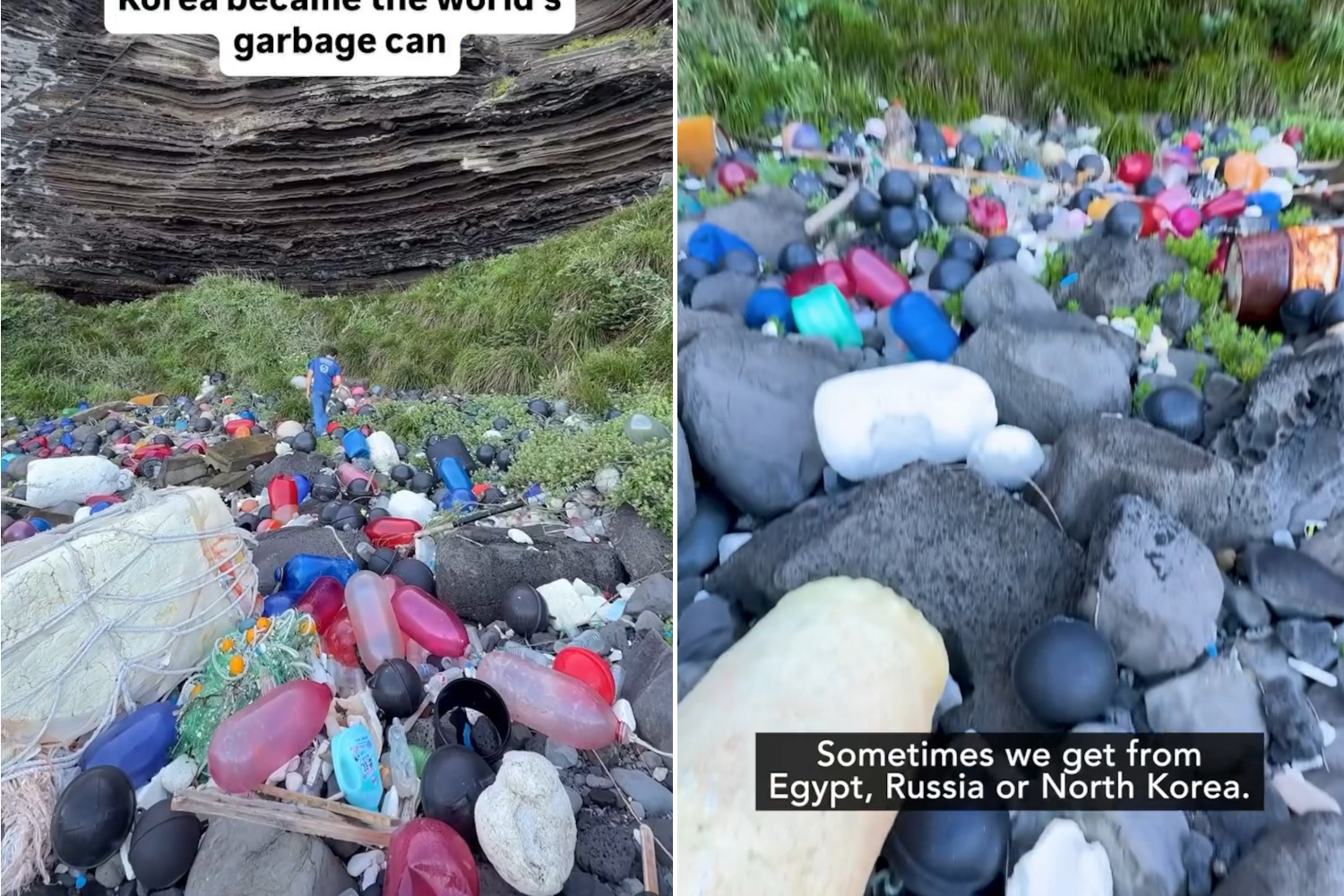Plastic waste is invading even the most remote locations, affecting ecosystems. Cleaning up isn't enough – we must prevent further harm through stronger policies and lifestyle changes.

@sealifetrust/Instagram
Plastic waste has become an undeniable presence, even in the most untouched corners of the world. On islands like Jeju, in South Korea, volunteer groups work tirelessly every day to clean up beaches, removing tons of debris carried by ocean currents. However, there’s a chilling detail that often goes unnoticed: much of this plastic doesn’t originate locally, but rather arrives from distant countries like China, Russia, Egypt, and North Korea.
The impact of plastic on marine ecosystems is devastating. Each time volunteers collect 100 plastic bottles, at least 9 or 10 of them will have foreign writing on them. This isn’t just a coincidence — it highlights that the problem is international. Marine pollution knows no borders: what’s discarded in a river in Asia can end up on a remote beach on the other side of the world.
Cleanup efforts are not the solution
Organizations like the Sea Life Trust are delivering a clear message: cleanup operations should not be celebrated, but rather seen as a wake-up call. If volunteers are still out there collecting bags full of plastic every day, it’s a sign that our consumption model is unsustainable. The convenience of single-use plastic comes at a very high price, one that is paid by turtles, seabirds, and entire ecosystems.
So, what can we do? The answer is not simply cleaning up; it’s about preventing further harm. What is needed are stricter global policies on waste management, a greater commitment to recycling, and a significant reduction in the use of single-use plastics. We must stop turning paradises into open-air landfills.
The urgency to act is becoming ever more pressing: if even the most remote islands are being drowned in trash, it’s clear that there’s no corner of the planet that remains immune to pollution. We must stop treating cleanup operations as the solution, because they are not. They are a symptom of a broken system. The real challenge is to change our habits before it’s too late.
